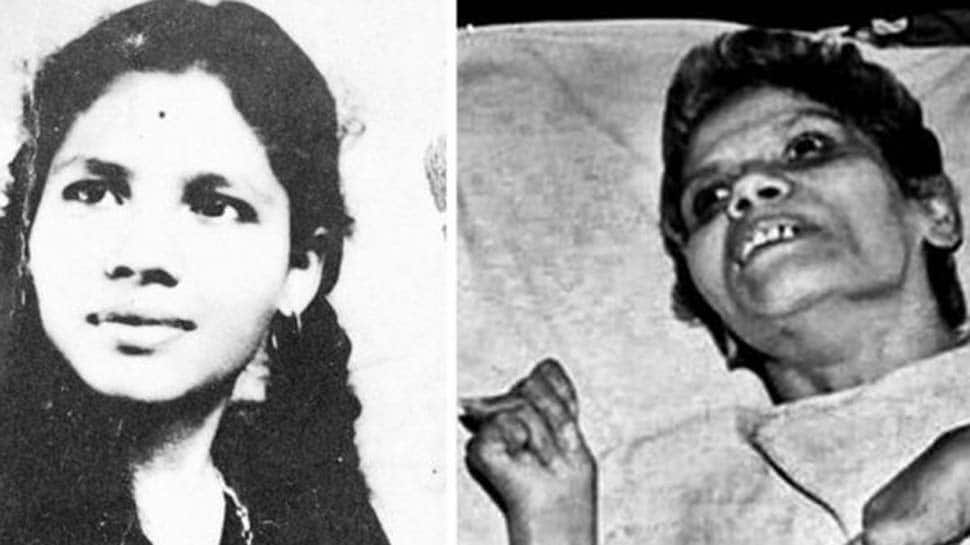NEW DELHI: In a landmark judgement on Friday, the Supreme Court allowed passive euthanasia with guidelines, saying that human beings have the right to die with dignity. The top court said that a person can decide when to give up life support system and nod for passive euthanasia would be granted by the medical board.
The concept euthanasia can be traced back to ancient Greek and Roman civilizations. In India, the widespread national debate around euthanasia began with Aruna Shanbaug's case. Here's a detailed look at what the case is about and how it affected the course of law:
Also Read: What does 'passive euthanasia' mean?
The Aruna Shanbaug case
Aruna Ramchandra Shanbaug was working as a nurse at King Edward Memorial Hospital in Mumbai's Parel. On the night of November 27, 1973, Shanbaug was sexually assaulted and gagged with a dog chain by ward boy Sohanlal Bhartha Walmiki. Due asphyxiation, she suffered serious brain and cervical cord injuries and cortical blindness. She remained in a vegetative state for the next 42 years, until her death on May 18, 2015.
The accused, Walmiki, was later convicted of assault and robbery and served two concurrent seven-year sentences. However, he was not convicted of rape or sexual molestation.
The Euthanasia debate
In 2010, 37 years since Shanbaug's vegetative state, journalist-cum-social activist Pinki Virani filed a petition in the Supreme Court, arguing that the existence of Aruna in a vegetative state “is in violation of her right to live in dignity.” On 24 January 2011, the top court rejected the plea, but laid out broad guidelines to euthanasia laws.
On Friday, the top court allowed passive euthanasia in India. The court used the very same phrase while passing the order: "Human beings have the right to die with dignity"
This could broadly means halting and removing artificial life-support machines, medicines and food which only prolong life for patients in vegetative state.
Active euthanasia is still not allowed in India and in most parts of the world.

















